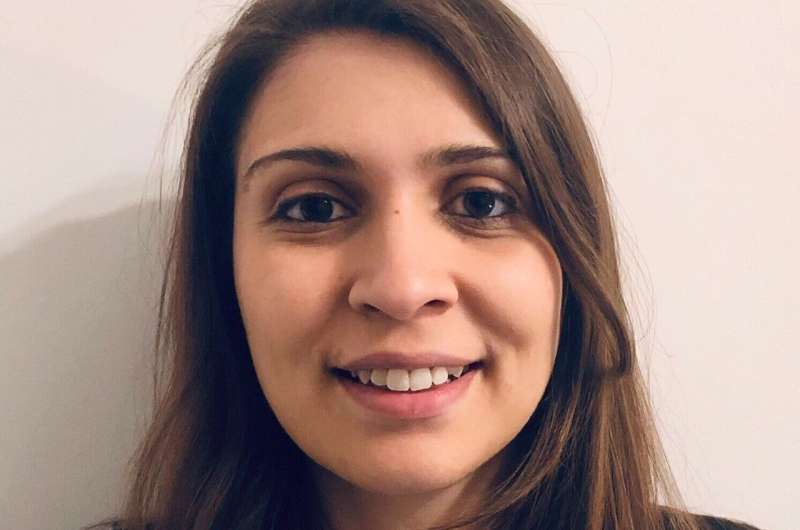
A study of cancer in children and young adults in England has found that fewer patients were diagnosed during the COVID-19 pandemic.
The research, presented at the NCRI Festival, also shows that children who were diagnosed with cancer during the first wave of the pandemic were more likely to have been admitted to intensive care prior to their diagnosis.
These findings suggest COVID-19 has had a detrimental effect on early diagnosis of cancer in children and young people.
The study was presented by Dr. Defne Saatci from the University of Oxford, UK. She said: “Spotting cancer early and starting treatment promptly gives children and young people the best chance of surviving. We already know that the COVID-19 pandemic led to worrying delays in diagnosis and treatment for many adults with cancer, so we wanted to understand how the pandemic affected children’s cancer services.”
Dr. Saatci and her colleagues used a general practice database called QResearch to study the numbers of different cancers diagnosed in children and young adults up to the age of 25 in the first wave of the pandemic, between 1 February and 15 August 2020. They compared this with diagnoses during the same time period in the three preceding pre-pandemic years. They also looked at the amount of time between diagnosis and the start of treatment and whether patients were diagnosed after being admitted to intensive care.
During the first wave, the researchers found that 380 patients were diagnosed with a brain tumour, lymphoma, leukaemia, sarcoma or renal tumour. This is approximately 17% lower than in previous years.
They found that the average time between diagnosis and the start of treatment was slightly shorter during the first COVID-19 wave but that children were more than twice as likely to be admitted to intensive care before their cancer was diagnosed.
Lead researcher Professor Julia Hippisley-Cox, from the University of Oxford, said: “We found that more children were admitted to intensive care prior to their cancer diagnosis during the pandemic. A possible explanation is that these children waited longer to see a doctor and therefore may have been more unwell at the time of their diagnosis. Together with the lower numbers of cancer diagnoses in the first wave, this study suggests COVID-19 may have had a serious impact on early diagnosis in this group of patients.”
“As we recover from the pandemic, it’s vital that we get diagnosis of cancer in children and young people back on track as quickly as possible.”
Dr. Saatci and her colleagues will now go on to study the impact of the subsequent waves of COVID-19 on diagnosis of childhood cancer in England.
Pamela Kearns is a member of the NCRI Children’s Group, Professor of Clinical Paediatric Oncology at the University of Birmingham, UK, and was not involved with the study. She said: “We know that the COVID-19 pandemic had a devastating effect on the health service as a whole and that cancer diagnosis in adults has suffered. This study suggests that the pathway for diagnosis of cancer in children and young people has also been affected and we need to better understand the reasons, which will be multi-factorial. The health service now needs to prepare for the possibility of a post-COVID rise in children and young people who need cancer treatment.
Source: Read Full Article
